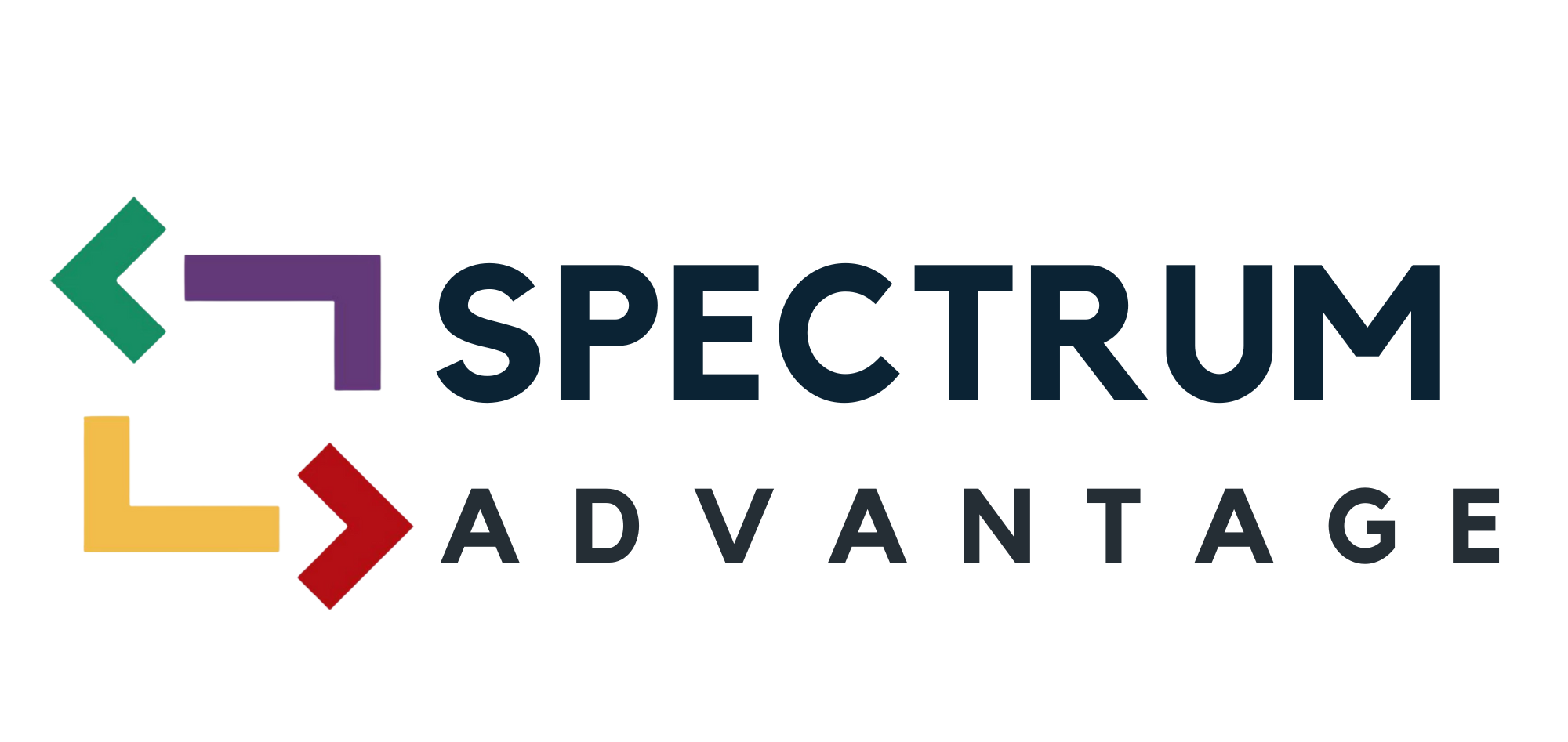We all engage in self-stimulatory behaviours from time to time. You may shake your leg or doodle during a meeting. A common assumption about these types of behaviours is that the people engaging in them are distracted or not paying attention and therefore these tendencies should be suppressed or hidden. However, for many people including autistic individuals, these behaviours play an important role in increasing focus and concentration.
Self-stimulatory behaviours vary greatly from person to person and not all autistic individuals engage in the same types of behaviours. They may be subtle (e.g., twirling a strand of hair or chewing on the end of a pen) or more intense (e.g., rocking one’s body back and forth).
Some autistic people refer to their self-stimulatory behaviours as “stimming” – meaning that they act to stimulate their sensory systems. Stimming behaviours often play an important role for the person and should not be suppressed. These behaviours can help individuals to concentrate, deal with stress, anxiety, or uncertainty, or simply to relax.
It may be disruptive to have an employee who paces constantly or taps his pencil on the table during a board meeting but there are acceptable ways to self-regulate at work. See tips below for suggestions
[box] DID YOU KNOW? Even people who do not have an autism diagnosis use self-stimulatory behaviours to regulate[/box]
MENTAL WELLNESS

Spinner Rings
Stainless Steel Fidget Anxiety Rings
ANTI-STRESS RING – Fashion meets function; these stainless steel rings can help you ease your mood. It’s rotating design relieves stress, helps those who have a hard time concentrating at work, school, in a meeting or meditation.
6 rings included with different styles
Click here to check it out
TIPS FOR EMPLOYERS
Supporting Effective Self-Regulation
Be aware of sensory stimuli in the workplace
Fluorescent lighting, the background buzzing of the photocopier, the ticking of the clock, and the scents coming from the lunchroom are all stimuli that most employees could easily filter but may be very difficult for an autistic person to manage. As an employer, your ability to be prepared with adjustment strategies for sensory stimuli in the work environment may have a huge impact on your ability to retain neurodiverse talent.
- Reduce background noise
- Allow the use of headphones, ear plugs or white noise machines to reduce background noise.
- Allow fidget items
- Spinners, stress balls, or jewelry are inconspicuous stimming tools. You may even consider providing fidget items
- Adjustments to breaks
- Allow for more frequent shorter breaks
- Provide a quiet space that can be accessed during times of stress
Employer of the month
Executive Mat
“Safety, Health & Environment”
Executive Mat started with the mission to develop a sustainable business based on innovative technology and great service. Today they boast a zero waste, zero emission system that produces bio-fuel from food waste used to power mat laundering machines, reducing their carbon footprint.
Executive Mat continues to heavily invest in hiring autism. They have been a partner since 2019 employing numerous Spectrum Advantage participants.
Interested in knowing more about hiring and retaining a neurodiverse workforce? Spectrum Advantage offers coaching for businesses as well as financial incentives. Contact us today –> Sarah@AutismCalgary.com

